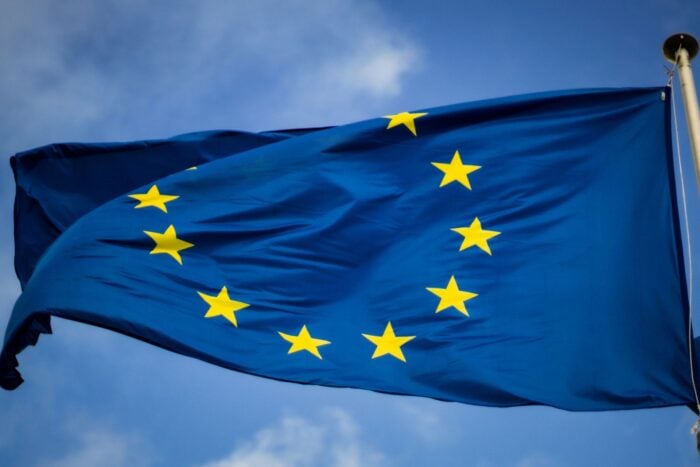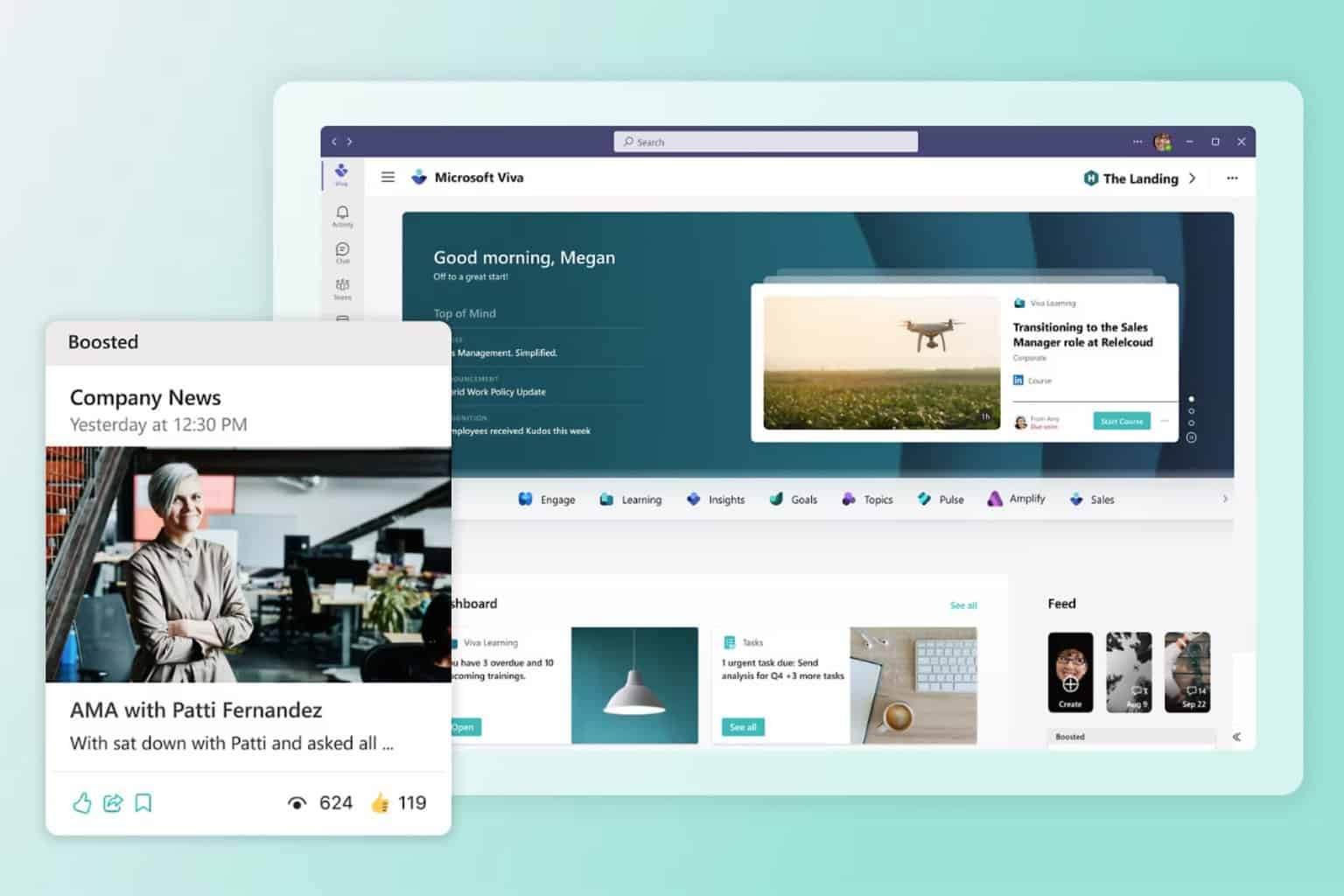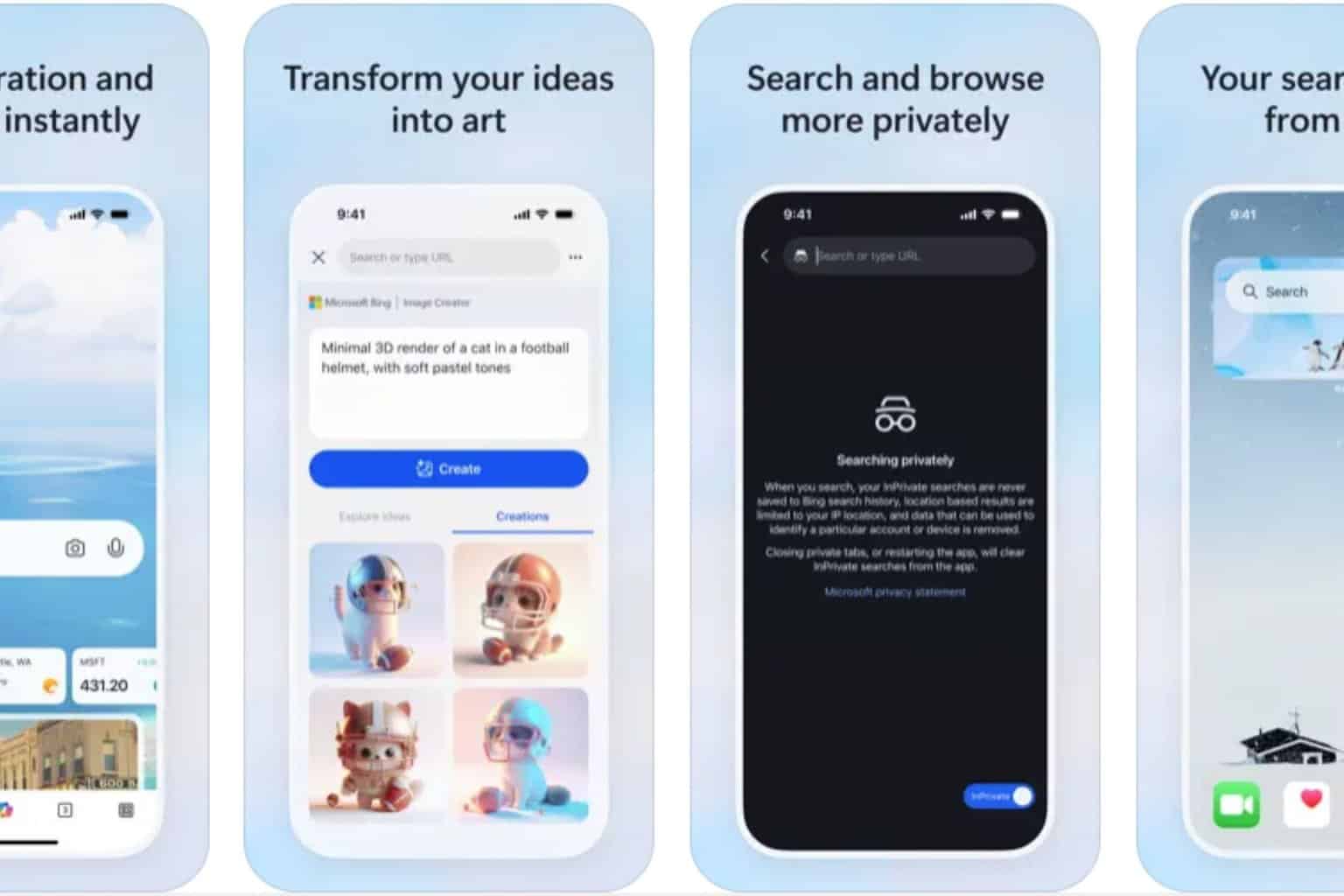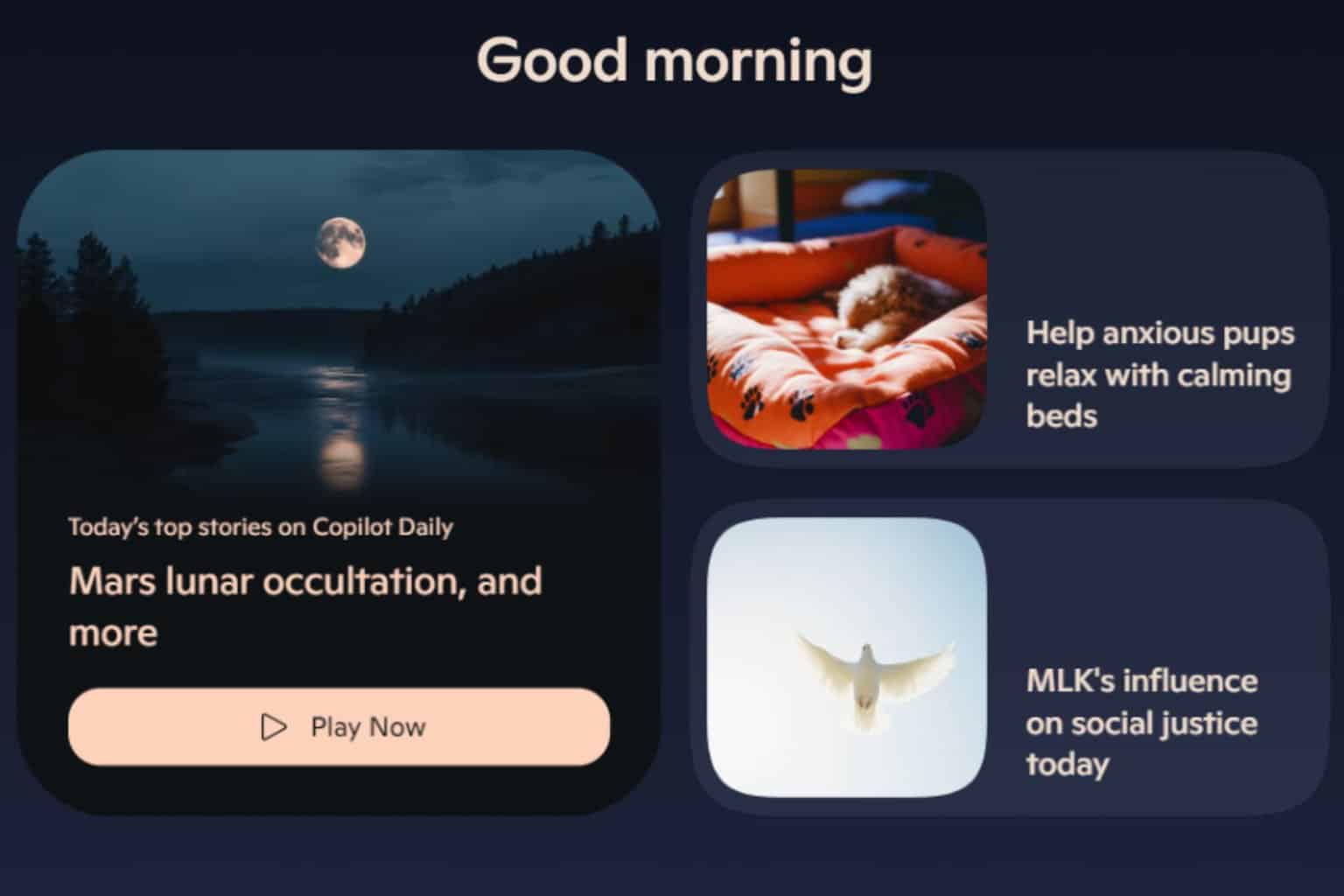Europe is Microsoft's next AI goal, and by 2030, more than 75% of all regional businesses will use it
AI could bring around $900 billion to the European economy.
4 min. read
Published on
Read our disclosure page to find out how can you help Windows Report sustain the editorial team. Read more

Do you ever pause and ponder how AI is subtly changing our surroundings? From waking up to working, relaxing, or selecting what to watch next for hours-long binge-watching sessions, artificial intelligence (AI) makes it all smoother, quicker, and honestly more engaging.
Microsoft is a big name in technology and has been leading AI research for more than thirty years. Interestingly, their work is now part of products and services we use every day, such as voice-to-text or auto-translation.
However, next-generation AI applications like Copilot and ChatGPT are causing excitement and shaping future developments.
Microsoft says Europe is on the verge of an AI revolution, with estimates suggesting that AI could increase the economic output of European organizations and entrepreneurs by around €2.7 trillion or 20% in 2030.
If Europe can catch up with its AI skills and digital innovation to match the U.S., the continent might add a further €900 billion to that sum. The EU is not sleeping; by the end of this decade, they want 75% of regional businesses to use AI, cloud, and big data solutions.
Why? A sustainable, productive, and prosperous future for all.
Europe is the biggest exporter of manufactured goods and services globally, and it has major trading partner status with 80 countries worldwide. Microsoft thinks this makes it well-positioned to utilize AI in innovation, competitiveness, and growth.
The potential of AI is limitless, from healthcare to retail sectors, as well as the manufacturing industry to financial services or sustainability; all these sectors can greatly benefit from this technology.
According to Microsoft, several European countries already have been testing AI in their businesses: Lithuania promotes its future with a national AI strategy to enhance economic growth and competitiveness. Estonia has given life to Bürokratt, the globe’s initial public service AI-based virtual assistant; this makes it simpler for its inhabitants to obtain digitized government help. In Romania, Agricloud uses drones and artificial intelligence to assist farmers in monitoring and handling their crops better.
Banks, retail stores, and companies all around Europe are employing AI to increase productivity, simplify operations, and provide customers with an uninterrupted experience.
However, it is not only about making life simpler or businesses more effective. The true power of AI lies in its capacity to release us from mundane tasks and direct our efforts toward creative and valuable actions.
With the steady decline in the worldwide working-age population, AI has the potential to help balance this trend by increasing global gross domestic product (GDP) by 7% over one decade. But, accepting AI is not free from troubles. Problems with data safety and the requirement for an organizations backing up require attention. Sustainability and power consumption are other issues related to the advancements of AI.
For Europe to fully grasp the AI opportunity, Microsoft says it is very important to encourage an ecosystem that can support AI and make it affordable and reachable by all organizations. A lively and competitive market for AI needs to exist so that we can use AI in different parts of the economy and make applications that really have an impact.
Also, issues such as misinformation, privacy, or environmental issues in our world, which is full of artificial intelligence power, are taken seriously by Microsoft. The company aims to design AI responsibly and ensure user safety: the company has already stated that many European data centers will be built to fit climate change standards.
Generative AI is a breakthrough. It can create new things and bring change in many areas. Using it will increase the importance of businesses and organizations. Those who use AI carefully will be the leaders in this time of change, pushing innovation and staying ahead.








User forum
0 messages